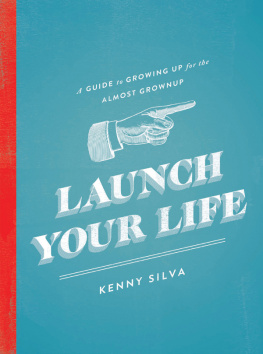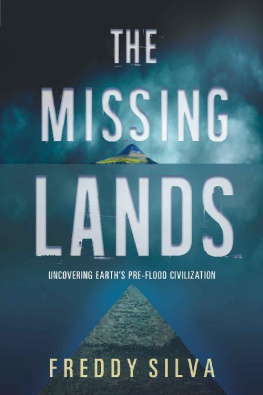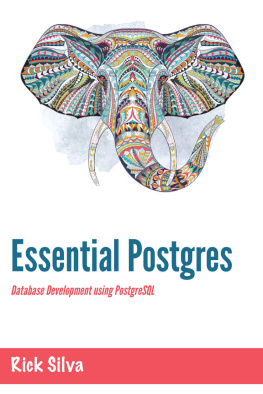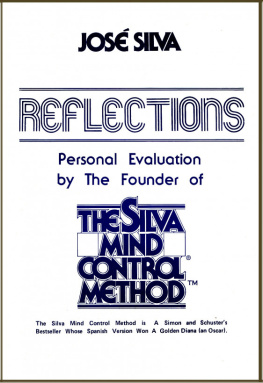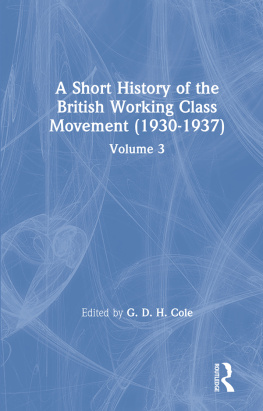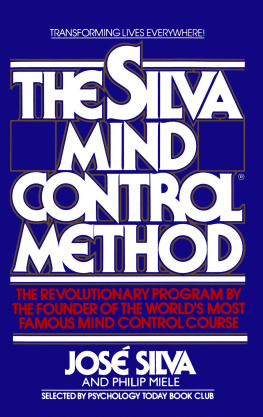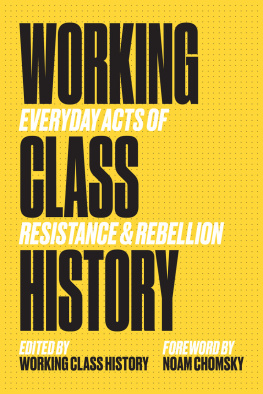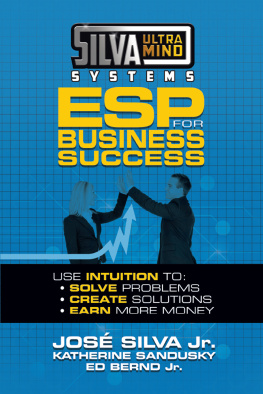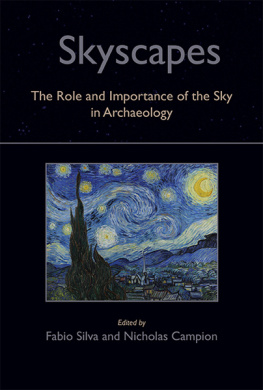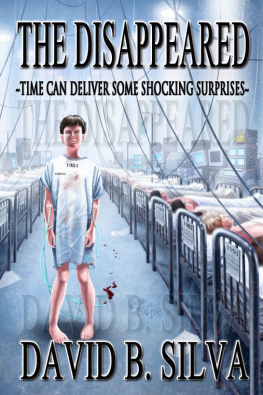Silva - Coming Up Short: Working-Class Adulthood in an Age of Uncertainty
Here you can read online Silva - Coming Up Short: Working-Class Adulthood in an Age of Uncertainty full text of the book (entire story) in english for free. Download pdf and epub, get meaning, cover and reviews about this ebook. year: 2013, publisher: Oxford University Press, genre: Politics. Description of the work, (preface) as well as reviews are available. Best literature library LitArk.com created for fans of good reading and offers a wide selection of genres:
Romance novel
Science fiction
Adventure
Detective
Science
History
Home and family
Prose
Art
Politics
Computer
Non-fiction
Religion
Business
Children
Humor
Choose a favorite category and find really read worthwhile books. Enjoy immersion in the world of imagination, feel the emotions of the characters or learn something new for yourself, make an fascinating discovery.

- Book:Coming Up Short: Working-Class Adulthood in an Age of Uncertainty
- Author:
- Publisher:Oxford University Press
- Genre:
- Year:2013
- Rating:5 / 5
- Favourites:Add to favourites
- Your mark:
- 100
- 1
- 2
- 3
- 4
- 5
Coming Up Short: Working-Class Adulthood in an Age of Uncertainty: summary, description and annotation
We offer to read an annotation, description, summary or preface (depends on what the author of the book "Coming Up Short: Working-Class Adulthood in an Age of Uncertainty" wrote himself). If you haven't found the necessary information about the book — write in the comments, we will try to find it.
Silva: author's other books
Who wrote Coming Up Short: Working-Class Adulthood in an Age of Uncertainty? Find out the surname, the name of the author of the book and a list of all author's works by series.
Coming Up Short: Working-Class Adulthood in an Age of Uncertainty — read online for free the complete book (whole text) full work
Below is the text of the book, divided by pages. System saving the place of the last page read, allows you to conveniently read the book "Coming Up Short: Working-Class Adulthood in an Age of Uncertainty" online for free, without having to search again every time where you left off. Put a bookmark, and you can go to the page where you finished reading at any time.
Font size:
Interval:
Bookmark:
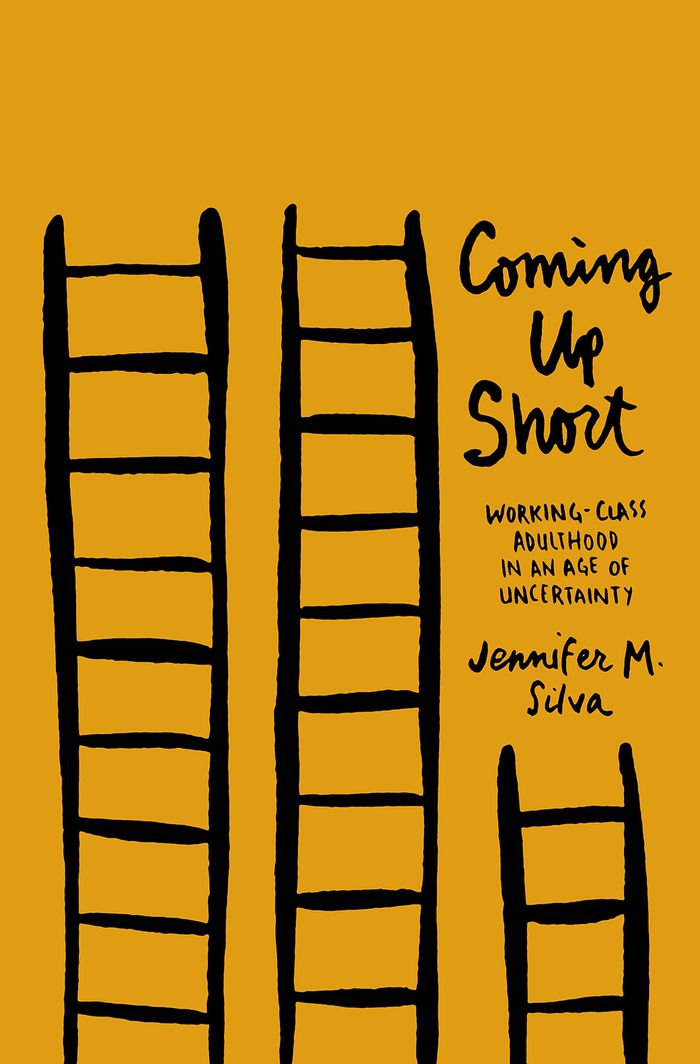
Coming Up Short
WORKING-CLASS ADULTHOOD IN AN AGE OF UNCERTAINTY
JENNIFER M. SILVA


Oxford University Press is a department of the University of Oxford.
It furthers the Universitys objective of excellence in research,
scholarship, and education by publishing worldwide.
Oxford New York
Auckland Cape Town Dar es Salaam Hong Kong Karachi
Kuala Lumpur Madrid Melbourne Mexico City Nairobi
New Delhi Shanghai Taipei Toronto
With offices in
Argentina Austria Brazil Chile Czech Republic France Greece
Guatemala Hungary Italy Japan Poland Portugal Singapore
South Korea Switzerland Thailand Turkey Ukraine Vietnam
Oxford is a registered trademark of Oxford University Press
in the UK and certain other countries.
Published in the United States of America by
Oxford University Press
198 Madison Avenue, New York, NY 10016
Oxford University Press 2013
All rights reserved. No part of this publication may be reproduced, stored in a retrieval system, or transmitted, in any form or by any means, without the prior permission in writing of Oxford University Press, or as expressly permitted by law, by license, or under terms agreed with the appropriate reproduction rights organization. Inquiries concerning reproduction outside the scope of the above should be sent to the Rights Department, Oxford University Press, at the address above.
You must not circulate this work in any other form,
and you must impose this same condition on any acquirer.
Library of Congress Cataloging-in-Publication Data
Silva, Jennifer M.
Coming up short: working-class adulthood in an age of uncertainty / Jennifer M. Silva.
pages cm
Includes bibliographical references and index.
ISBN 978-0-19-993146-0
1. Working classUnited StatesHistory21st century.
2. Working classUnited StatesEconomic conditions21st century.
3. Working classUnited StatesSocial life and customs. I. Title.
HD8072.5.S575 2013
305.5620973dc23 2012047890
9 8 7 6 5 4 3 2 1
Printed in the United States of America
on acid-free paper
To my grandmothers, Jean and Mary, for teaching me to draw
wisdom, laughter, and strength from our family past.
To my parents, Michael and Paula, and my brother, Mikey,
for believing in and nurturing me in the present.
And to Ahrum, for our future.
M y desire to document the lives of working-class young adults is animated both by personal history and intellectual curiosity. My paternal grandparents were born in Lowell, Massachusetts, one of my two research sites. My grandfather Joe started work in a textile mill on Market Street at age nine, where he ran the empty spools of thread upstairs to be re-spun with cotton. One of eight children, his wife, Mary, was born in 1929, just a few months after the stock market crash and the start of the Great Depression. She still fondly recalls her bustling Irish Catholic family home on Orleans Street. Eighty years later, I often drove by it on my way to an interview. After they married in their early twenties, they moved to the suburb of West Concord, Massachusetts, where my grandfather worked as a state prison guard. The six children they raised were part of the postwar generation who realized the American Dream of upward mobility through hard work and stable, unionized jobs. Joe and Mary hoped that their grandchildren would achieve even more; my parents promised each other on the day I was born that I would be the first in my family to graduate from college.
But my generation is slowly losing the stability hard-won by their grandparents and parents. Over the years I have watched my cousins and my brother face many of the same obstacles as my informantsjoining the military because they couldnt find a job; moving back in with their parents; or struggling to get through college, pay back their loans, and make their monthly car payments. Two years ago, my younger brother moved back to Lowell and is currently waiting to be placed on the civil service hiring list. Once a thriving industrial site, the street where he works is now lined by billboards promising Car Loans! Bad Credit OK! We approve everyone! This book tells the story of a family and a country that has run full circle, from my grandparents birth at the start of the Great Depression, to middle-class suburban dreams, and back to economic insecurity, riskiness, and recession. It is a story of institutionsnot individuals or their familiescoming up short.
From college to graduate school to postdoctoral studies, I have been extraordinarily blessed to have been surrounded by people and organizations that have nurtured and inspired me, both professionally and personally. First and foremost, I am deeply indebted to the young men and women who graciously welcomed me into their lives, shared their personal experiences, kept in touch with me over Facebook, and believed from the beginning in my work. The desire to be true to their stories motivated me to keep coming back to this book until I got it right.
I completed this manuscript as a National Science Foundation (NSF) and American Sociological Association (ASA) Postdoctoral Fellow at Harvard University. The financial and intellectual support of the NSF and the ASA allowed me to focus on writing while embedded in a first-rate community of scholars. James Cook took an immediate interest in the project, generously providing detailed and incisive feedback and guiding me through the revision process with assurance. The final manuscript reflects his encouragement, attention to detail, and tireless commitment. I am also grateful for the dedicated mentoring I received from Bruce Western and Michle Lamont, who willingly read drafts, provided perceptive comments, and offered encouragement and helpful career guidance. While at Harvard, I was fortunate to meet Robert Putnam and join his talented and lively research team. The Saguaro Seminars focus on social connectedness and inequality inspired me to look closely at narratives of trust and betrayal among my informants.
From my first week at Harvard, Nicole Deterding pulled me into department life, read my work more closely than I could have asked for, forced me to go to the gym when I needed a break, and generously and thoughtfully grappled with ideas with me on Thirsty Thursdays. The members of the Harvard Culture and Social Analysis Workshop helped me to sharpen my focus and clarify my ideas over two fruitful years. My fellow NSF-ASA postdoc Jeremy Schulz was always willing to brainstorm ideas, offer insightful feedback, and exchange career advice. Finally, my students in my Coming of Age in the 21st Century junior tutorial reinvigorated my interest in coming of age and reminded me weekly of the real-world importance of studying the transition to adulthood.
At the University of Virginia, my dissertation committeeSarah Corse, Allison Pugh, Milton Vickerman, and Paul Freedmanprovided invaluable support and assistance. Sarah, my chair and mentor whom I now feel lucky to call my close friend, spent countless hours talking about ideas, reading and commenting on drafts, and helping me to navigate my academic future. Sarah (and Bill and Robbie) welcomed me into her family and continues to show daily that she cares about both my professional and personal success. I look forward to many years of scholarship and friendship. Allison, who fortuitously came to the University of Virginia as I was formulating my research questions, taught me to think critically about issues of care, intimacy, and inequality. I am grateful for her creative approach, warmth, and ongoing intellectual camaraderie. Milton Vickerman gave me numerous helpful suggestions throughout the research process. Paul Freedman proved incredibly flexible and supportive as an outside reader. My research was generously funded by the Woodrow Wilson Womens Studies Dissertation Fellowship, the University of Virginias Graduate School of Arts and Sciences Dissertation Year Fellowship, and the University of Virginia Department of Sociology.
Font size:
Interval:
Bookmark:
Similar books «Coming Up Short: Working-Class Adulthood in an Age of Uncertainty»
Look at similar books to Coming Up Short: Working-Class Adulthood in an Age of Uncertainty. We have selected literature similar in name and meaning in the hope of providing readers with more options to find new, interesting, not yet read works.
Discussion, reviews of the book Coming Up Short: Working-Class Adulthood in an Age of Uncertainty and just readers' own opinions. Leave your comments, write what you think about the work, its meaning or the main characters. Specify what exactly you liked and what you didn't like, and why you think so.

